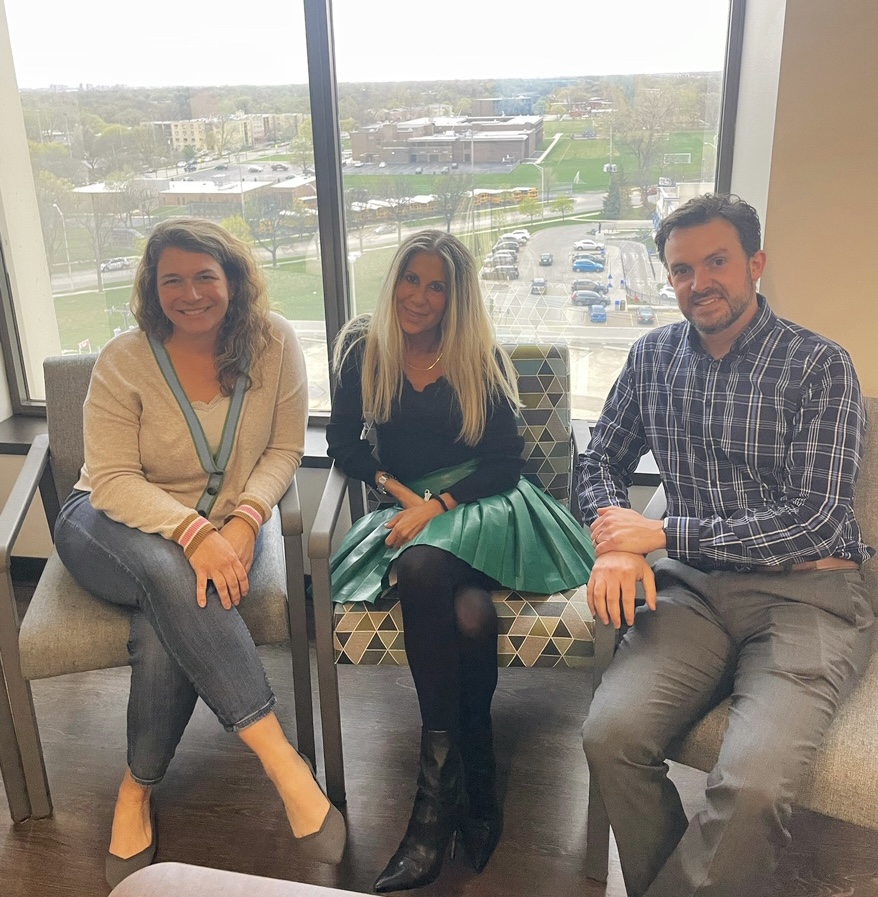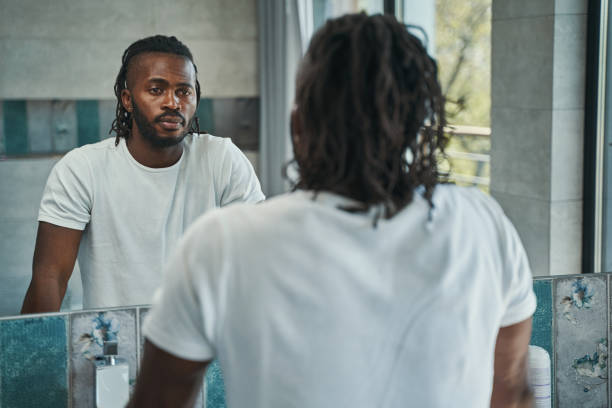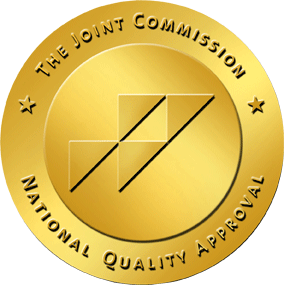April 26th, 2022, Skyway Behavioral Health opened its doors to clients. We reflect on all of our amazing accomplishments and the impactful moments of this past year.
This interview was conducted by Molly, our Digital Marketing Coordinator, and answered by our Co-Founders Dr. Julie Friedman (JF), and Laura Lange (LL), and our COO Terran Salbego (TS).
Q for LL & JF: How did the idea of creating a behavioral health center start?
LL: Julie and I were in private practice when the pandemic hit, and we both noticed a surge in trauma clients. We had huge wait lists within two weeks of the pandemic and wished that we could better serve the community. In addition, we wanted to help people on a larger scale in the eating disorder and trauma world. We never knew where to refer to for a higher level of care for trauma treatment so we wanted to create our own space.
JF: During the initial lockdown of the pandemic, Laura and I finally got the extensive trauma training that we had been wanting to do for a long time. I also completed a DBT fellowship, and we wanted to create a place that combined the two.
Q for TS: Why did you jump on board with JF and LL?
TS: I was inspired by their passion and dedication to disrupt the behavioral health care space. From the first conversation, I was excited and wanted to be a part of it. I knew Julie and Laura were both well known in the field and it gave me confidence to start this venture with them. I also liked the idea of being a part of a woman-owned and operated company.
Q: Looking back on a year ago when this all started, what has been the best part about creating a behavioral health program?
TS: The best part has been seeing it grow from concept into an actual treatment center that’s changing lives. Also, assembling an incredible team that all have the same passion and dedication.
LL: The best part has been seeing the clients leave in a completely different place and being a part of clients’ stone ceremonies. I also love seeing our clinicians and staff grow, and be able to change people’s lives in a way that patients are getting better.
JF: One of the best parts is that I feel so proud of the care we deliver. I know that our team represents us so well. I have so much pride in every staff member and love to see their journeys as people and as clinicians. I am never bored, and I love that things are always different. I am constantly learning, and I continue to grow as a clinician every day.
Q: What has been the biggest change from then until now?
TS: The biggest change has been being on firmer operational footing, insurance players in place, and operating at full capacity. We have refined so many practices and continue to shape and change how we do things, we never let go of the aspiration to operate better and deliver better care.
LL: We are extremely busy and are treating a higher volume of clients. There has been this trickle down effect of trauma treatment, the way they interact with the world, their family, the kids they teach, etc. Also, being able to train clinicians really well in the trauma treatment world has been amazing to witness and be a part of.
JF: I originally expected us to be able to prevent burnout, but I realized that burnout is inevitable, we just need to help our staff members manage it. This work is inherently hard. Our team cares deeply, and the other side is burnout. We had to learn how to manage that and take good care of them to minimize the burnout.
Q: What has been something you didn’t expect to come out of this?
TS: The whole thing was unexpected. It’s been such an adventure full of things that couldn’t be expected, in the best way possible.
LL: To feel really supported by the staff and the team. Typically being in charge you do not necessarily get the same support, but it’s nice being able to be supported by other therapists and receive support too on my clinical care.
JF: We got instant support from the community and from our colleagues. The support has been huge. The pandemic changed the way we work so much, and I am pleasantly surprised in how much involvement I can still have with my kids. Being able to be there in all facets in my life and how work has changed post-pandemic has also been unexpected.
Q: What has been the biggest challenge?
TS: Navigating the insurance has been the biggest challenge. Also, the idea of having restraint to not want to fill all of the holes that are in the behavioral health world. We wanted to focus on refining our product to be the best that it can be.
LL: Needing patience to learn the ins and outs of how insurance works and being able to work with clients’ insurance plans. Prioritizing treatments because we want to offer everything, but being able to be systematic with what we offer, and prioritize best treatments.
JF: The hardest part has been taking care of the team when they are experiencing vicarious trauma. It’s hard to hear these topics everyday, and we want to prevent them from having secondary trauma as much as possible.
Q: What (if any) are some future plans for Skyway? Where do you see all of this going in the future?
TS: We are growing into the floor below, and want to continue to grow and help more people. We also strongly believe in growing deliberately and focusing on refining our processes. We want to ensure we can scale in a way that preserves our company culture and our best clinical practices.
JF: I would like to open a professionals program. There is a huge need for professionals in an environment that feels safe. Also, looking forward to expanding and growing into another office. I would like to be more central to more of our clients who come far away.



